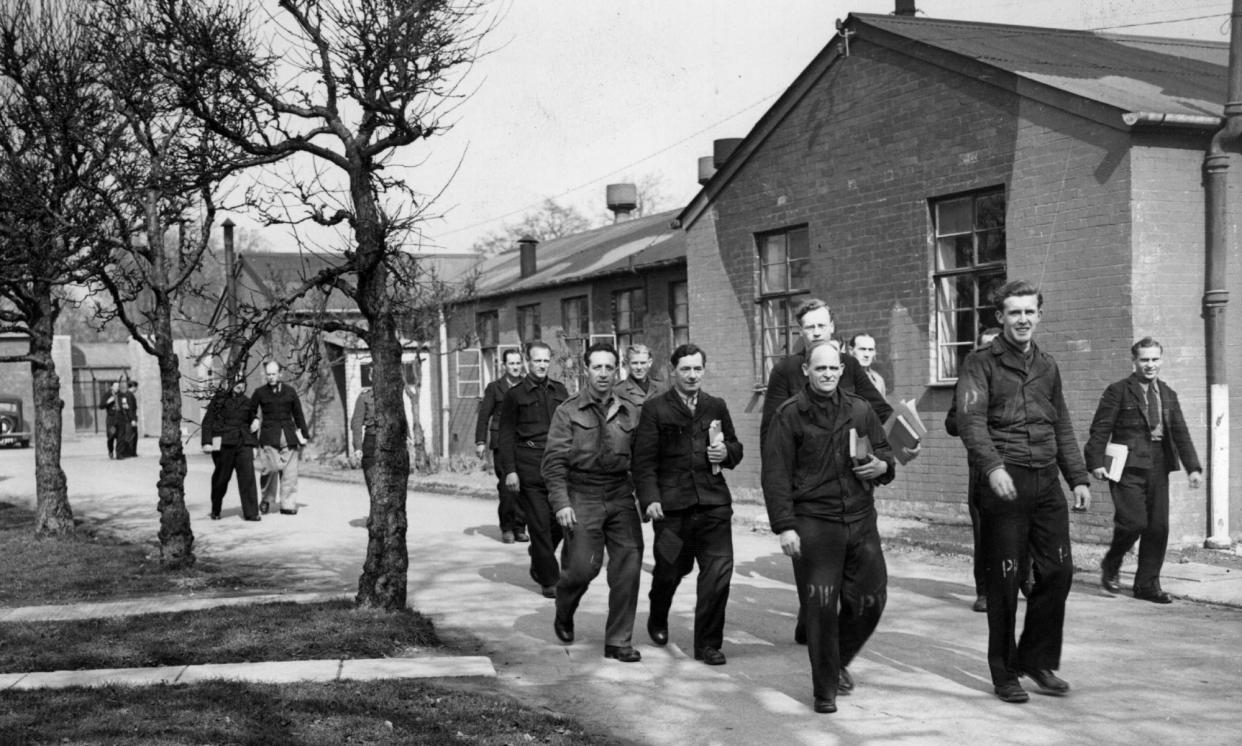Prisoners of war were given a warm welcome in Bletchley

I was very upset to read Leo Hickman’s article (‘No one wants a Nazi in their family’: a German prisoner of war, a secret affair and the mystery of my dad’s parentage, 1 June). It gives a misleading view of the behaviour of local people towards the prisoners of war at Little Brickhill, Buckinghamshire. I was 16 years old in 1946 and living in Bletchley. My father, the Rev Walter Richardson, the minister of Spurgeon Memorial Baptist Church, and Ron Stanford, joint owner and editor of the Bletchley Gazette, went up to the PoW camp at Little Brickhill to ask for permission to allow the prisoners to come into the homes of local people, all of whom were attached to local churches in the town.
This was granted, and every Sunday many families had two PoWs for tea and then on to church for the Sunday evening service. The PoW Alex Claviez was the camp translator and would translate my father’s sermon into German. There were often 30 PoWs in the congregation, as those not included in the home visits were given tea by the ladies of our congregation.
Ron produced a small paperback book which Alex translated into German. It was called Experiment in Friendship and told their families what we were doing. We sent a copy to every family of the men at Little Brickhill and received many replies. Alex became a Christian and a personal friend, and years later my husband and I visited him and his family in Germany. Until his death four years ago, I received a Christmas card every year, always remembering his days at Spurgeon Memorial Baptist Church.
June Williamson
Berkhamsted, Hertfordshire

 Yahoo News
Yahoo News 
